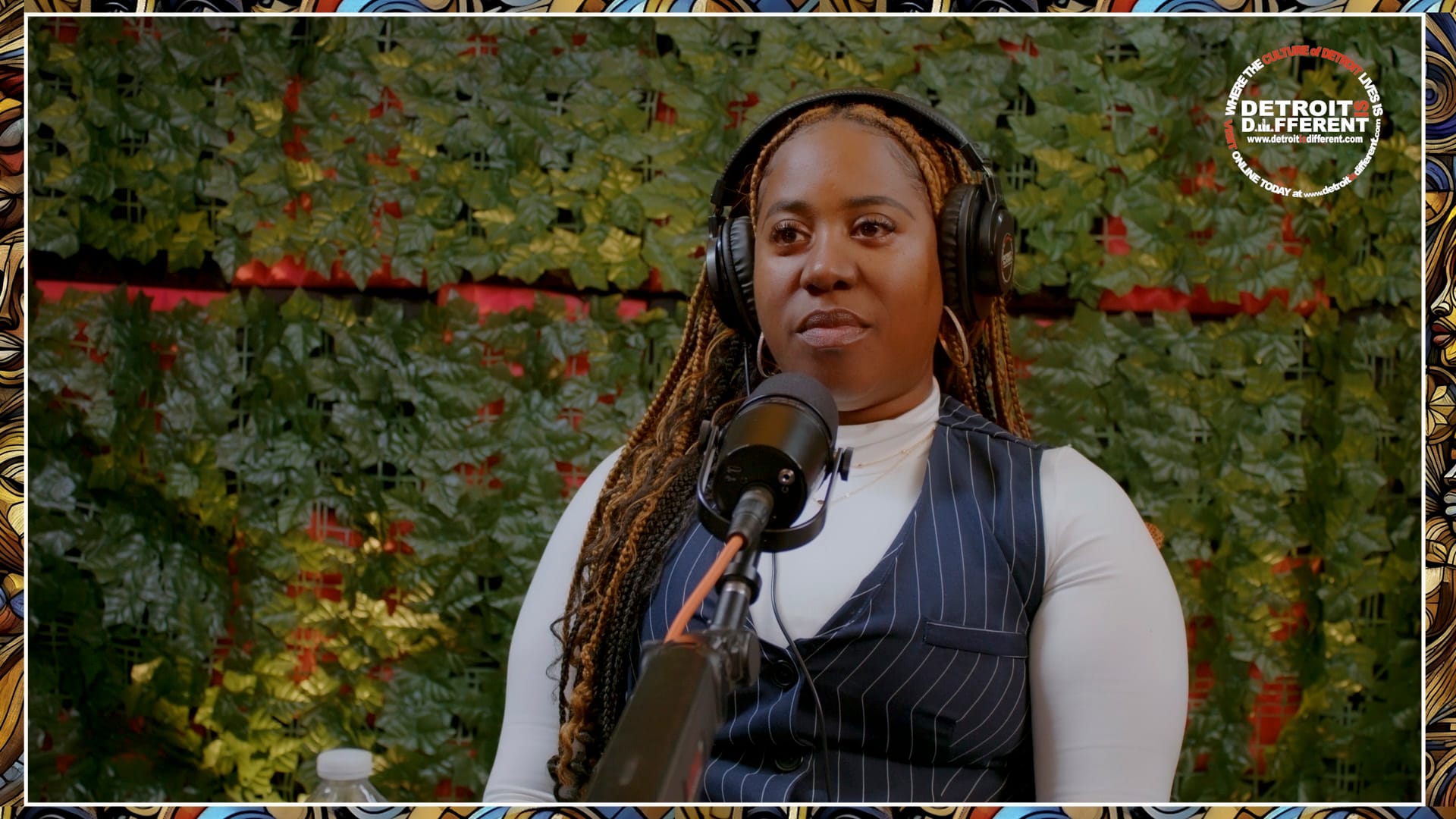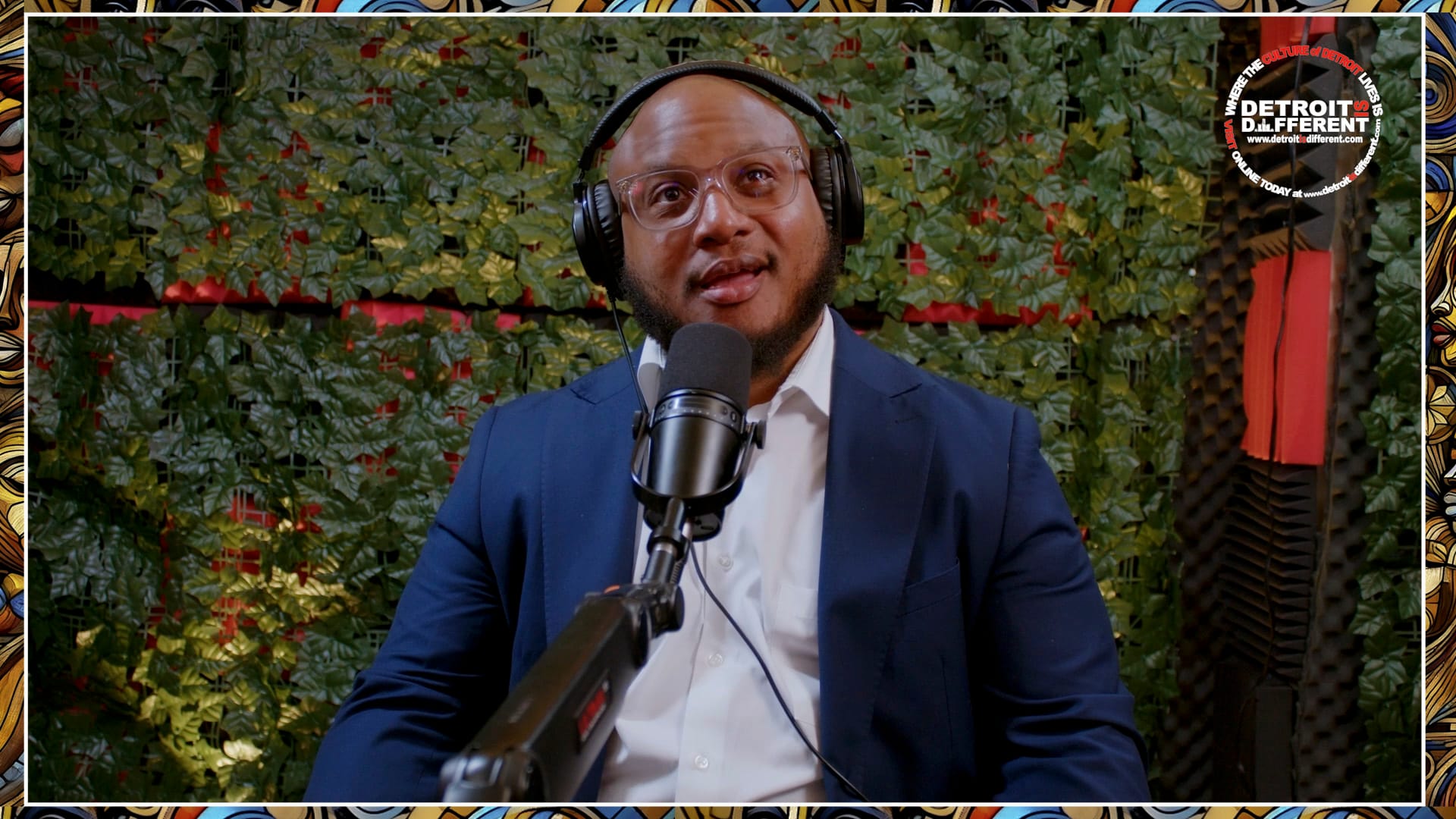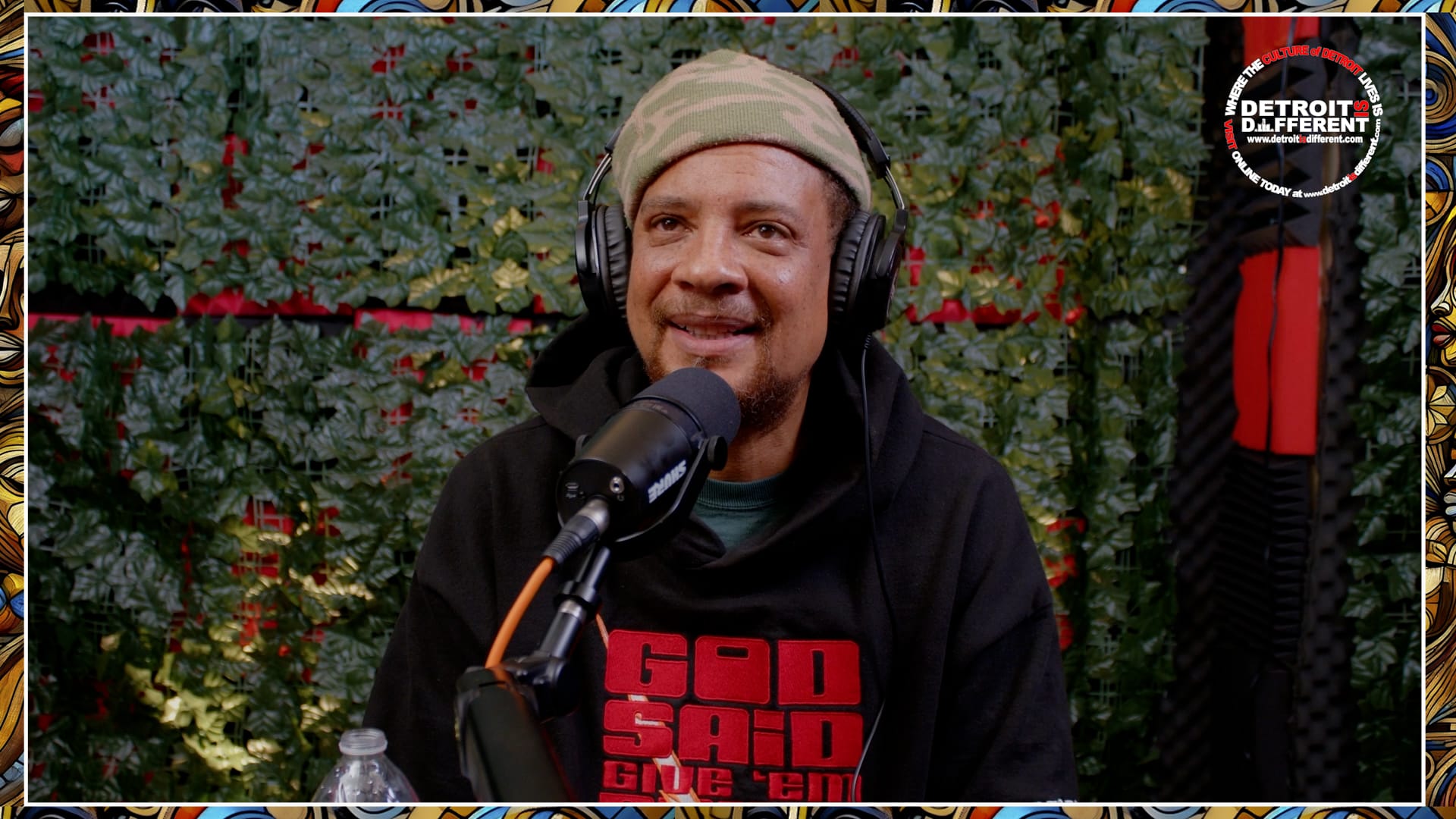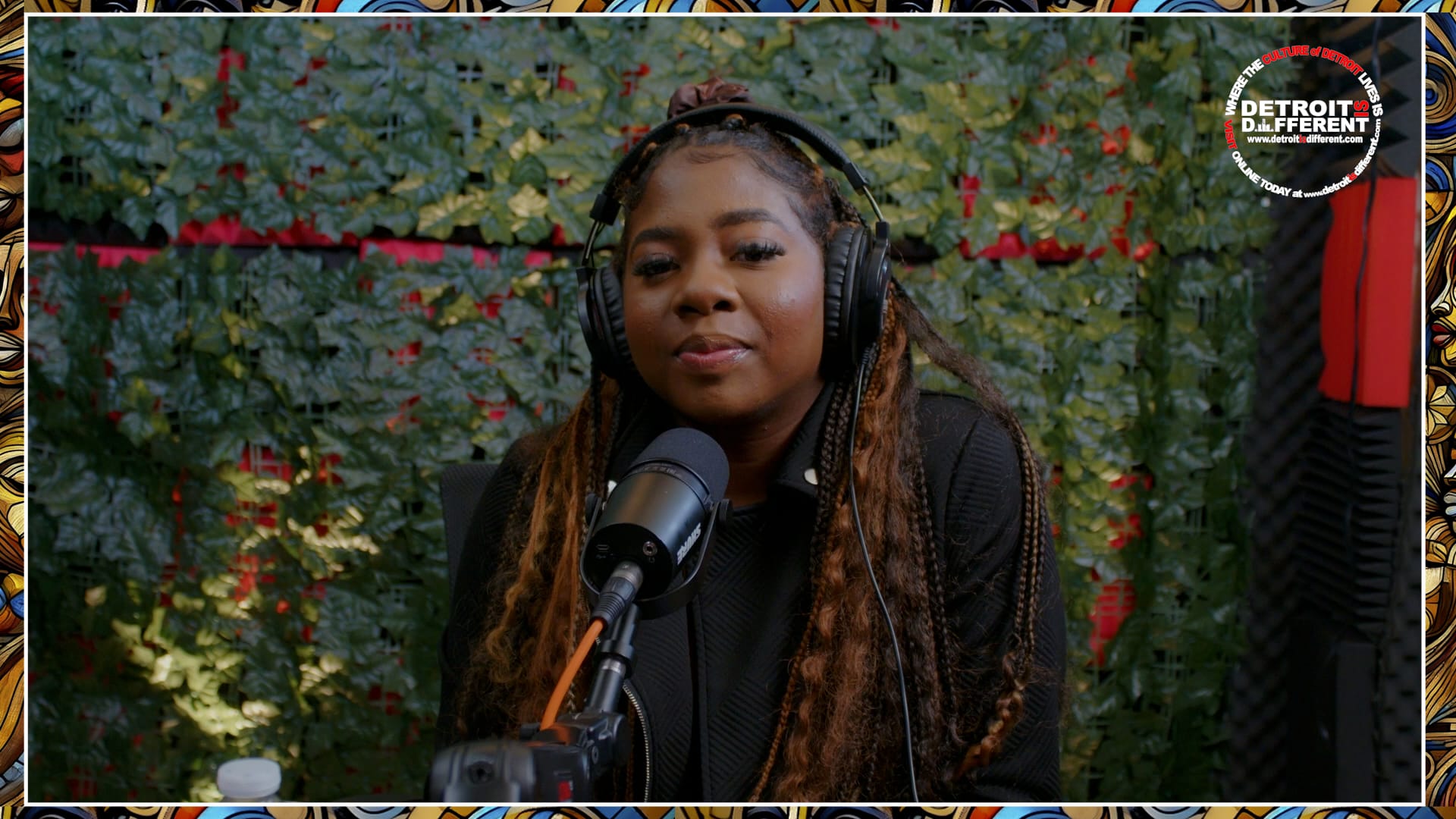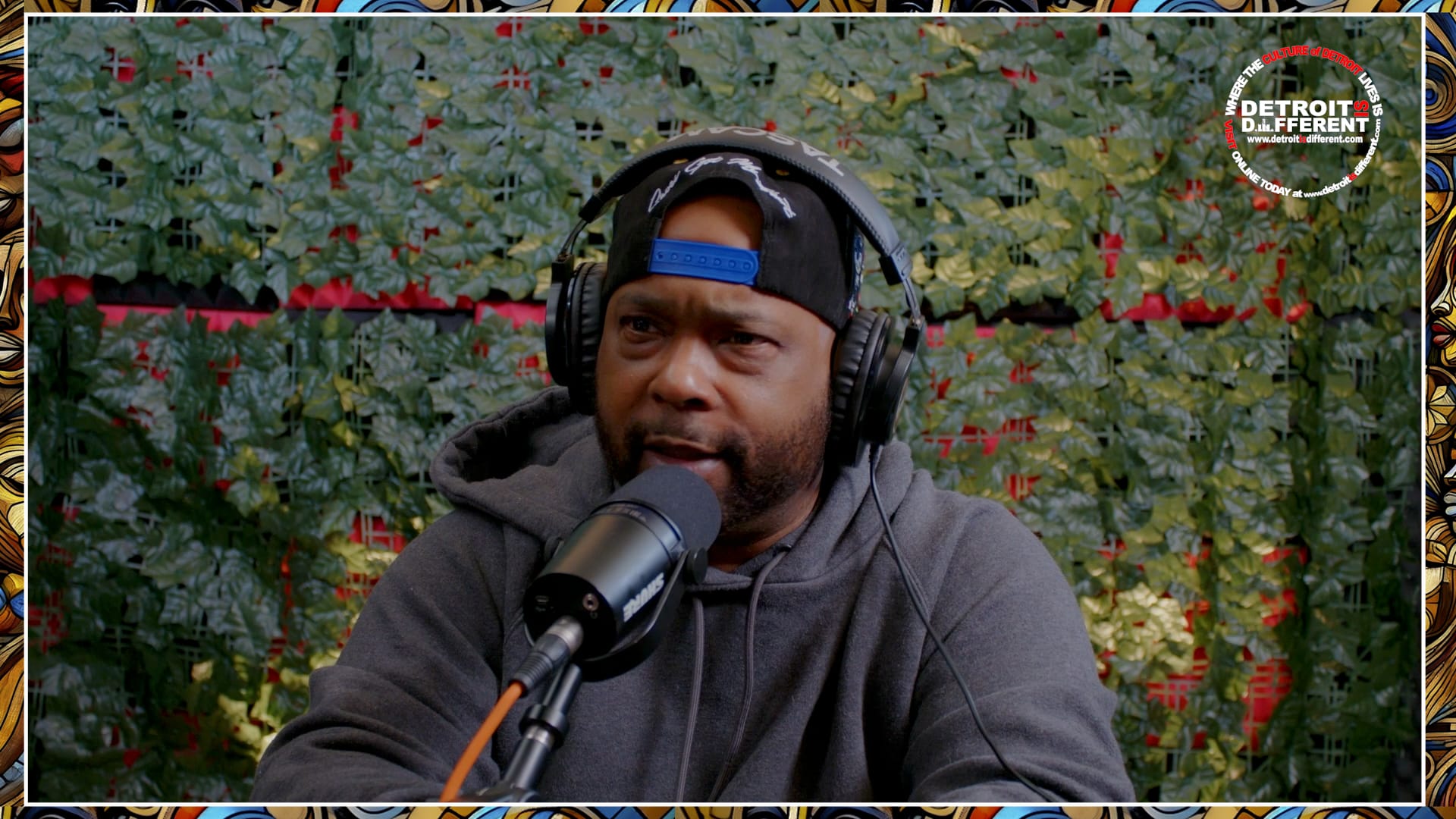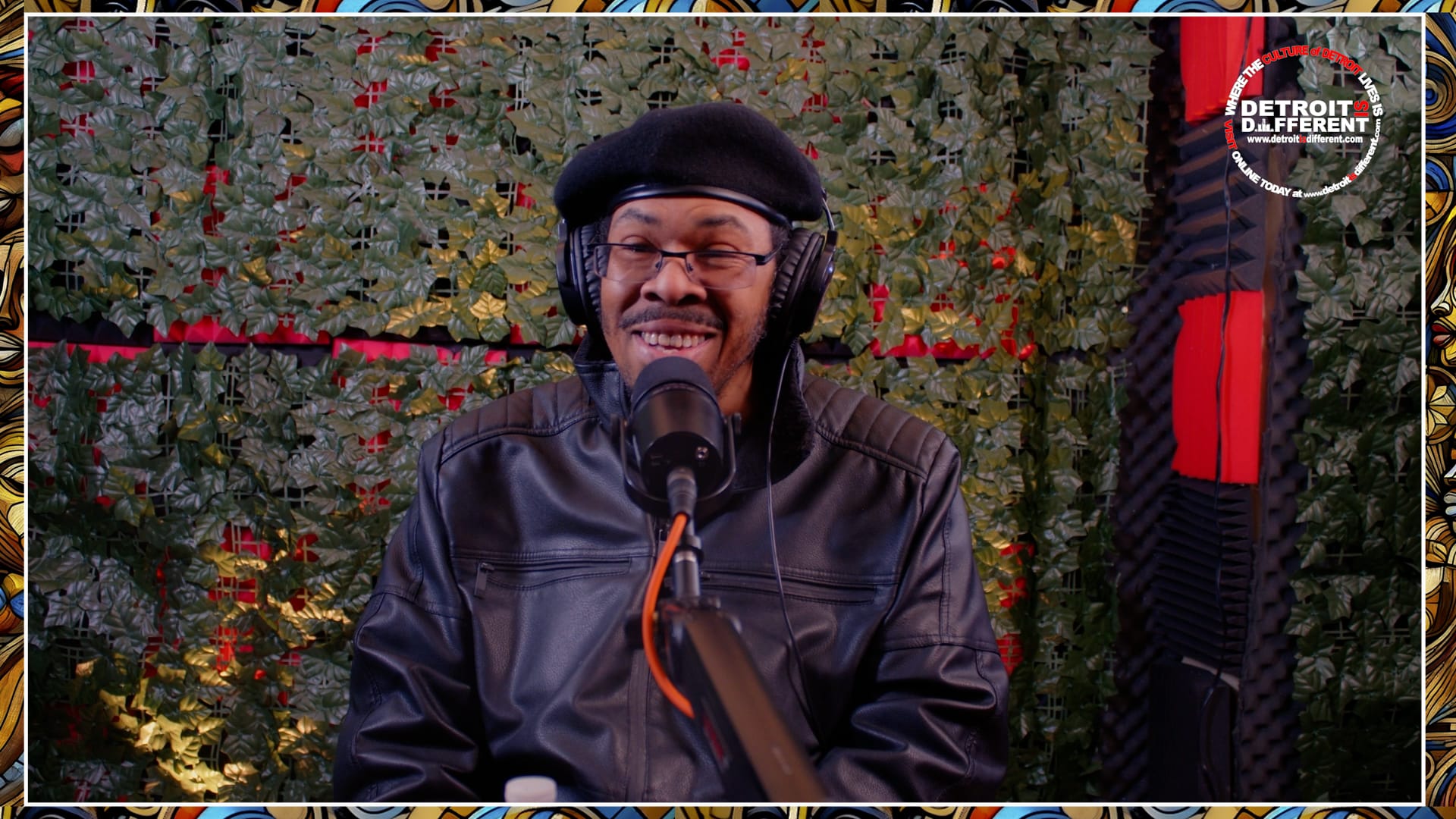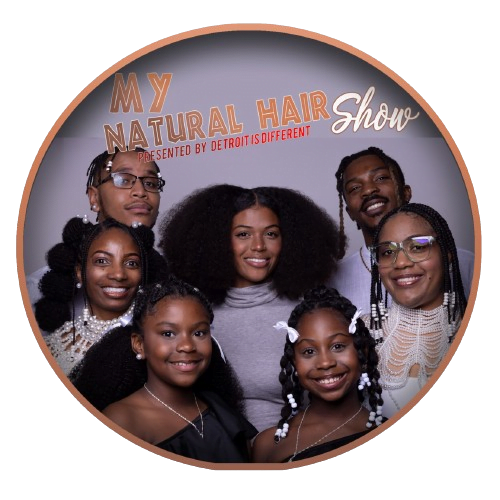Remember to Remember: Raúl Echevarría on Culture, Community, and the Power of the Impossible
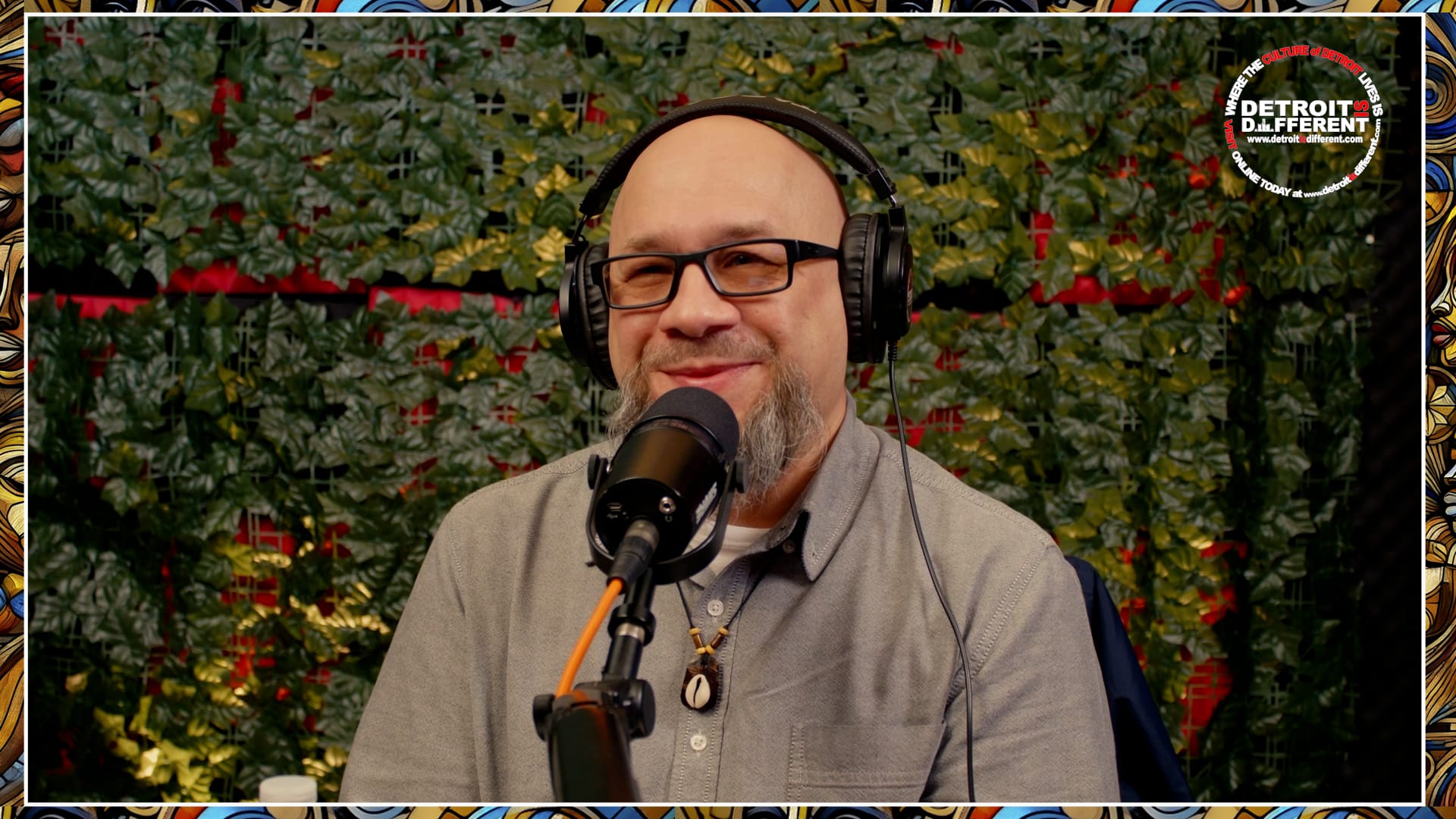
“You all live in the realm of impossibility because you’ve been conditioned by Western society to understand why a thing is not possible. Unlike you, my friends, I live in the realm of the impossible.” In this rich and deeply introspective episode of the Detroit is Different podcast, community organizer and cultural educator Raúl Echevarría shares a powerful narrative of transformation, memory, and resistance through his journey from Chicago’s Puerto Rican Humboldt Park to Detroit’s vibrant but complex Southwest. With profound insight into community organizing, Raúl emphasizes the spirit and commitment it takes to truly work within and uplift neighborhoods: “You’ve got to come correct,” he says, reflecting on his own approach to entering Detroit’s unique cultural landscape. This isn’t just talk—it’s a testament to a life of praxis rooted in justice, spirituality, and cultural preservation. He unpacks his work saving the oldest Puerto Rican mural in Chicago, “The Crucifixion of Don Pedro,” noting, “We own our own shit,” affirming a community’s right to its land and legacy. Through storytelling, Raúl brings the listener into the sacred act of community dreaming, describing workshops where “memory energy” transforms defeat into imagination. He challenges the false idol of rugged individualism, reminding us that “we’ve always been collective,” and that collectivity is a form of resistance in a system that benefits from our fragmentation. From maroon communities resisting colonial empires to the reawakening of African memory through Puerto Rican Bomba, Raúl’s perspective connects dots across time, space, and struggle. “Part of the challenge for the organizer,” he explains, “is can the organizer adopt the motif of vision caster… who goes into the other realm and then convinces the people?” This episode is a masterclass in organizing as spiritual and cultural labor, where remembering itself is revolutionary.

